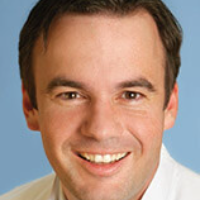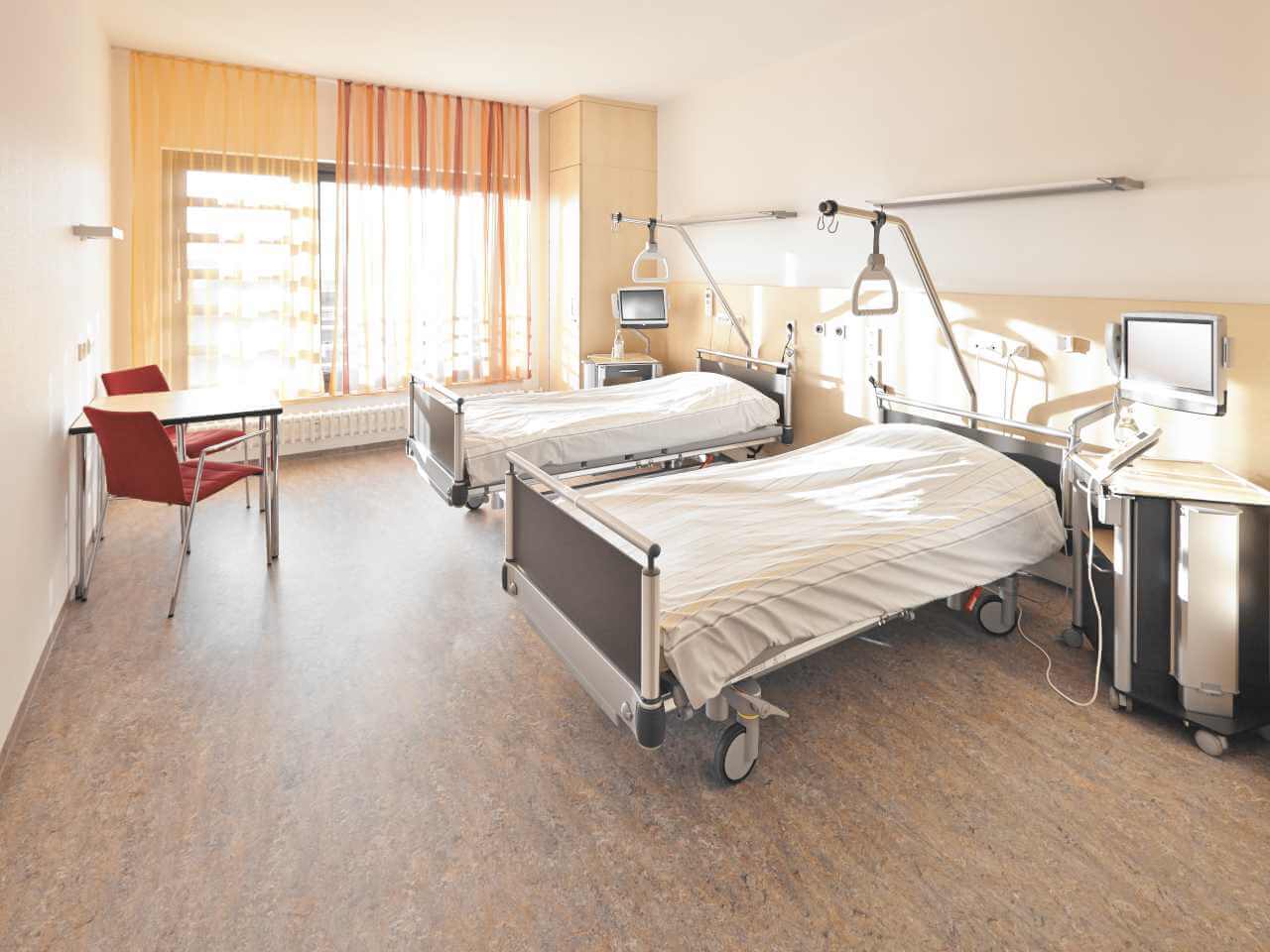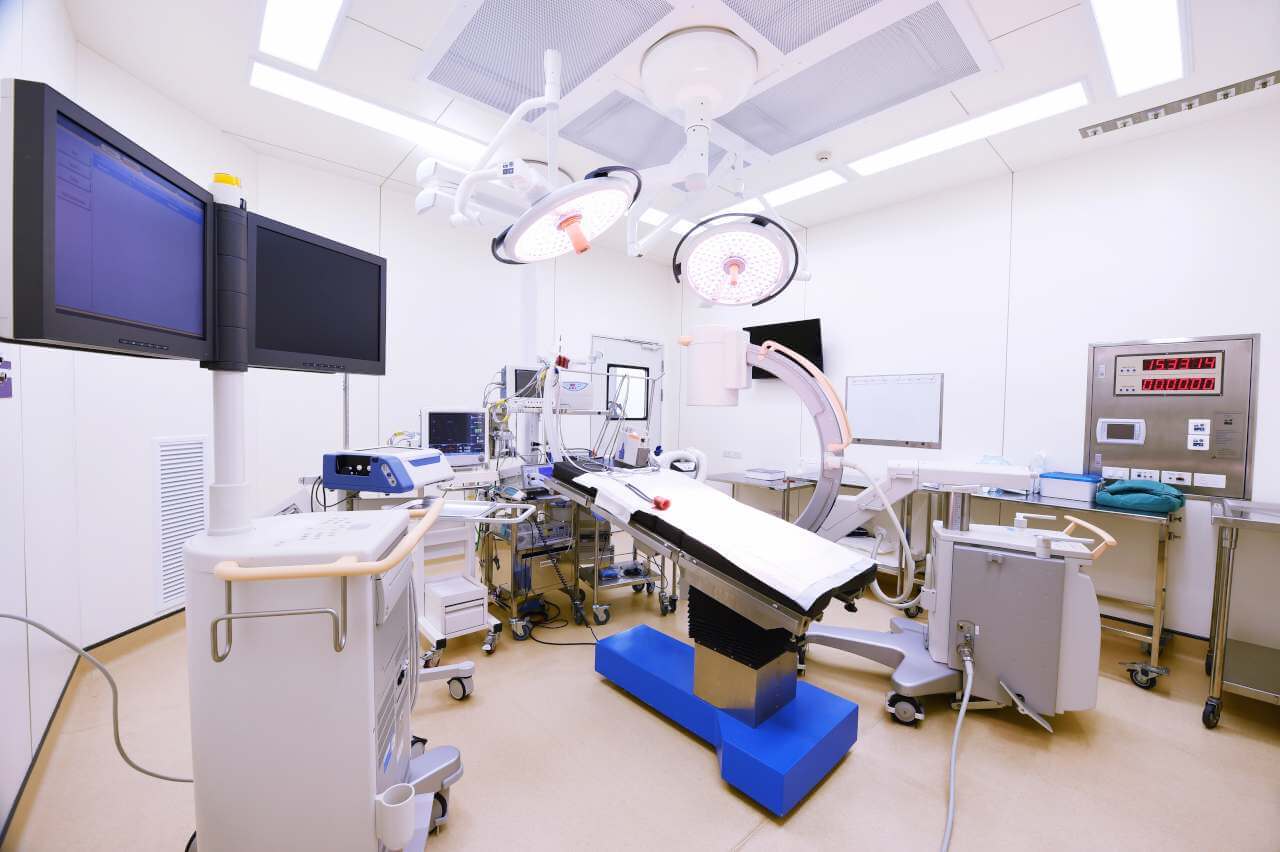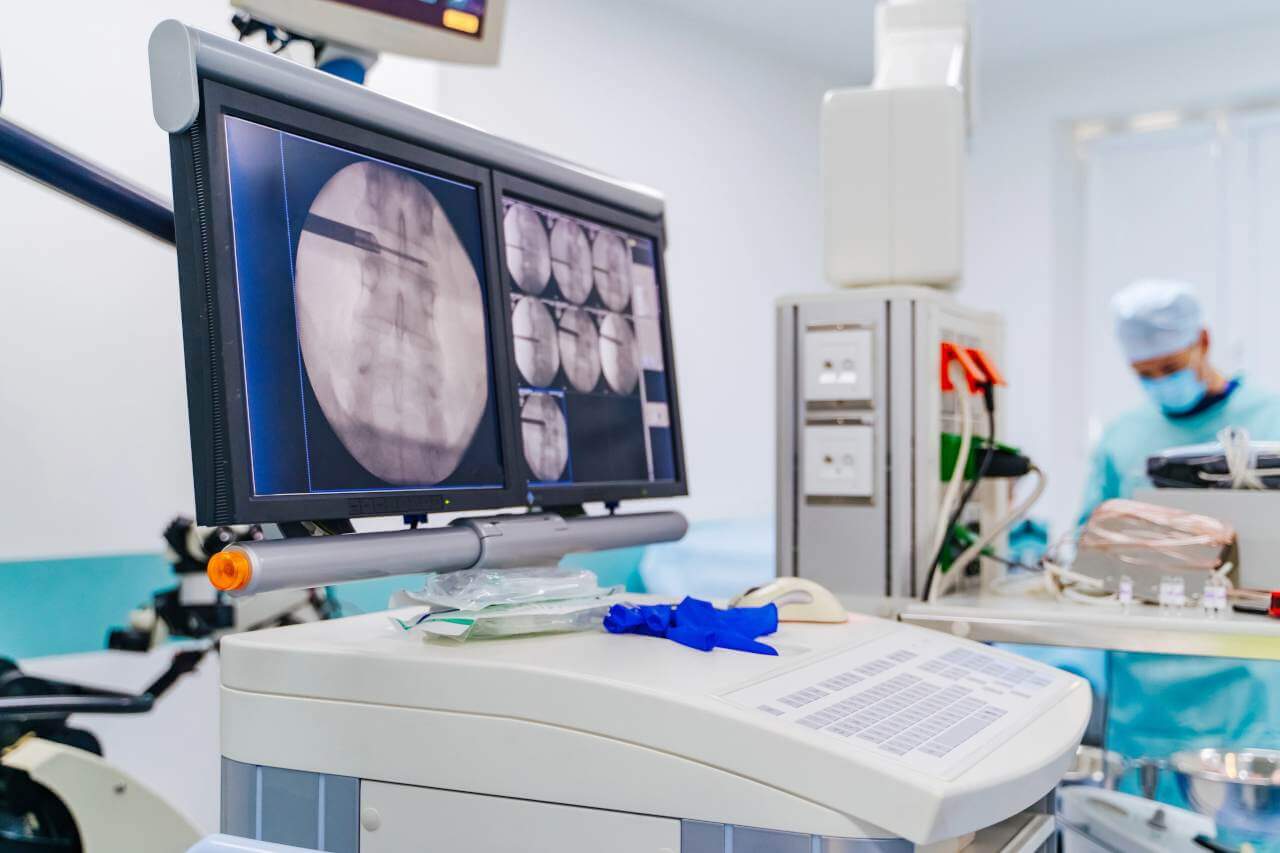
About the Department of Adult and Pediatric Spinal Surgery at Josephinum Hospital Munich
The Department of Adult and Pediatric Spinal Surgery at the Josephinum Hospital Munich specializes in the conservative and surgical treatment of diseases of the cervical, thoracic, and lumbar spine, with a special emphasis on minimally traumatic spinal surgery. The medical facility offers treatment with medications, physiotherapy, spinal blocks, and intradiscal electrothermal therapy (IDET), as well as endoscopic, microsurgical, and minimally invasive surgical procedures. The department's state-of-the-art operating rooms are fitted out with the latest generation of equipment, such as neuronavigation systems, intraoperative monitoring devices, surgical microscopes, and others. The department's physicians diagnose and treat patients of all ages, from young children to the elderly. The patient undergoes a comprehensive examination before the operation, which allows for an accurate diagnosis and assessment of the advisability of surgery. Spinal surgeons conduct individual consultations, during which they provide patients with detailed information about the upcoming surgery and the expected results. The success rates of spinal surgery are very high, thanks to which the healthcare facility enjoys an excellent reputation in Germany and abroad.
The department is headed by Prof. Dr. med. Oliver Linhardt, who is one of the best spinal surgeons in Germany with extensive clinical experience. Prof. Linhardt is a certified specialist of the German Spine Society (DWG) and a lecturer at the University of Regensburg in spinal surgery. His main clinical interest is in minimally invasive surgery for degenerative spinal diseases, spinal deformities, spinal fractures, and spinal inflammatory processes.
The most common diagnosis in the practice of doctors of the department is a herniated disc. This pathology is characterized by the protrusion of disc fragments into the spinal canal, which causes severe pain, stiffness, and discomfort. Patients with herniated discs in the lumbar spine most often seek medical help from the department. A clinical examination and imaging tests, such as a CT and/or MRI scan, are enough to make a diagnosis. As for the treatment, conservative therapy is mostly an option of choice. The department's doctors prescribe oral medications, image-guided periradicular therapy (a targeted injection of medications into the pathological focus), physiotherapy, exercise therapy, and massage. The optimal range of therapeutic measures for the patient is selected on an individual basis, taking into account his or her clinical situation. If the above methods do not provide back pain relief, surgical treatment is considered. The department's spinal surgeons perform microsurgical and minimally invasive surgical procedures for herniated discs. A skin incision no larger than 2-3 cm is made for a surgical approach during such operations. This allows for the preservation of the integrity of the muscular and ligamentous apparatus of the back, which contributes to rapid postoperative recovery, while the effectiveness of such operations is comparable to the results of traumatic open ones.
The department's specialists are highly skilled in the treatment of spinal stenosis. This is a narrowing of the spinal canal that causes compression of the nerve roots and/or spinal cord. The disease usually develops in people over 45 years of age. The main clinical manifestation of the pathology is pain, the intensity of which increases as the stenosis progresses. The patient initially experiences radiating back pain, but if left untreated, there is also a risk of developing an unsteady gait, sensory disturbances, and even paralysis. In most cases, spinal stenosis affects the lumbar spine, but there are also complex cases in which narrowing occurs in several parts of the spine at the same time. In the early stages, spinal stenosis responds well to treatment with painkillers, physiotherapeutic procedures, and therapeutic exercises. The second-line treatment is a targeted injection of pain medications into the area of the narrowed spinal canal. If the above treatments fail, surgery is required. The department's specialists operate on patients with spinal stenosis using microsurgical techniques, so the risk of postoperative complications is almost zero and recovery is extremely fast.
The department's services also include the treatment of spinal tumors. The two most common neoplasms are meningiomas and neuromas. These are benign and slow-growing tumors. Despite the benign nature of the tumors, their surgical removal is required. Otherwise, as the tumor grows, it begins to compress the nerve roots and spinal cord, causing pain, sensory and coordination disturbances, impaired bladder and bowel emptying, and, in some cases, even paralysis. The department's spinal surgeons perform surgery to resect spinal tumors using microsurgical techniques, most often through a dorsal approach. The department's specialists perform these operations under the guidance of intraoperative neurophysiological monitoring, which eliminates the risk of injury to nearby nerves and the development of neurological deficits. More than 90% of spinal tumor surgeries performed in the department are successful, which is a very high rate.
The department's range of medical services includes the following:
- Conservative treatment of spinal diseases
- Treatment of chronic back pain using medications, spinal blocks, and physiotherapeutic procedures
- Surgical treatment of spinal diseases
- Endoscopic and microsurgical interventions for herniated discs
- Endoscopic and microsurgical interventions for spinal stenosis
- Minimally invasive surgery for intervertebral disc replacement
- Minimally invasive surgery for spinal instability (spinal fusion)
- Minimally invasive surgery for spinal instability using dynamic stabilization systems
- Minimally invasive surgery for vertebral fracture stabilization (kyphoplasty)
- Minimally invasive corrective surgery for spinal deformities
- Microsurgical procedures for spinal tumors using intraoperative neurophysiological monitoring
- Reconstructive plastic surgery for spinal fractures, spinal tumors, and spinal inflammations
- Other conservative and surgical treatments
Curriculum vitae
Higher Education and Professional Career
- Medical studies, Ludwig Maximilian University of Munich.
- 1999 - 2000 Internship, Department of Orthopedics, University Hospital Regensburg.
- 2001 - 2002 Assistant Physician, Department of Surgery, Hospital Bogenhausen Munich.
- 2001 Thesis defense in Orthopedics, Ludwig Maximilian University of Munich.
- 2002 - 2007 Physician, Department of Orthopedics, University Hospital Regensburg.
- 2007 Habilitation in Orthopedics, University of Regensburg; Lecturer at the University of Regensburg.
- 2007 - 2011 Managing Senior Physician, Department of Orthopedics and Trauma Surgery, SLK Hospital Plattenwald/Heilbronn.
- Since 2011 Physician, Orthopedic Center Arabellapark.
- Since 2011 Physician, Orthopedic Center Schuetzenstrasse.
- Since 2013 Head Physician, Department of Adult and Pediatric Spinal Surgery, Josephinum Hospital Munich.
Clinical Interests
- Spinal blocks.
- Facet joint denervation (intradiscal electrothermal therapy, IDET).
- Scoliosis treatment with a corset.
- Endoscopic and microsurgical procedures on the cervical and lumbar spine.
- Spinal canal microsurgical decompression.
- Spinal fusion.
- Kyphoplasty.
Memberships in Professional Societies
- German Society for Orthopedics and Orthopedic Surgery (DGOOC).
- German Spine Society (DWG).
Photo of the doctor: (c) Klinik Josephinum





